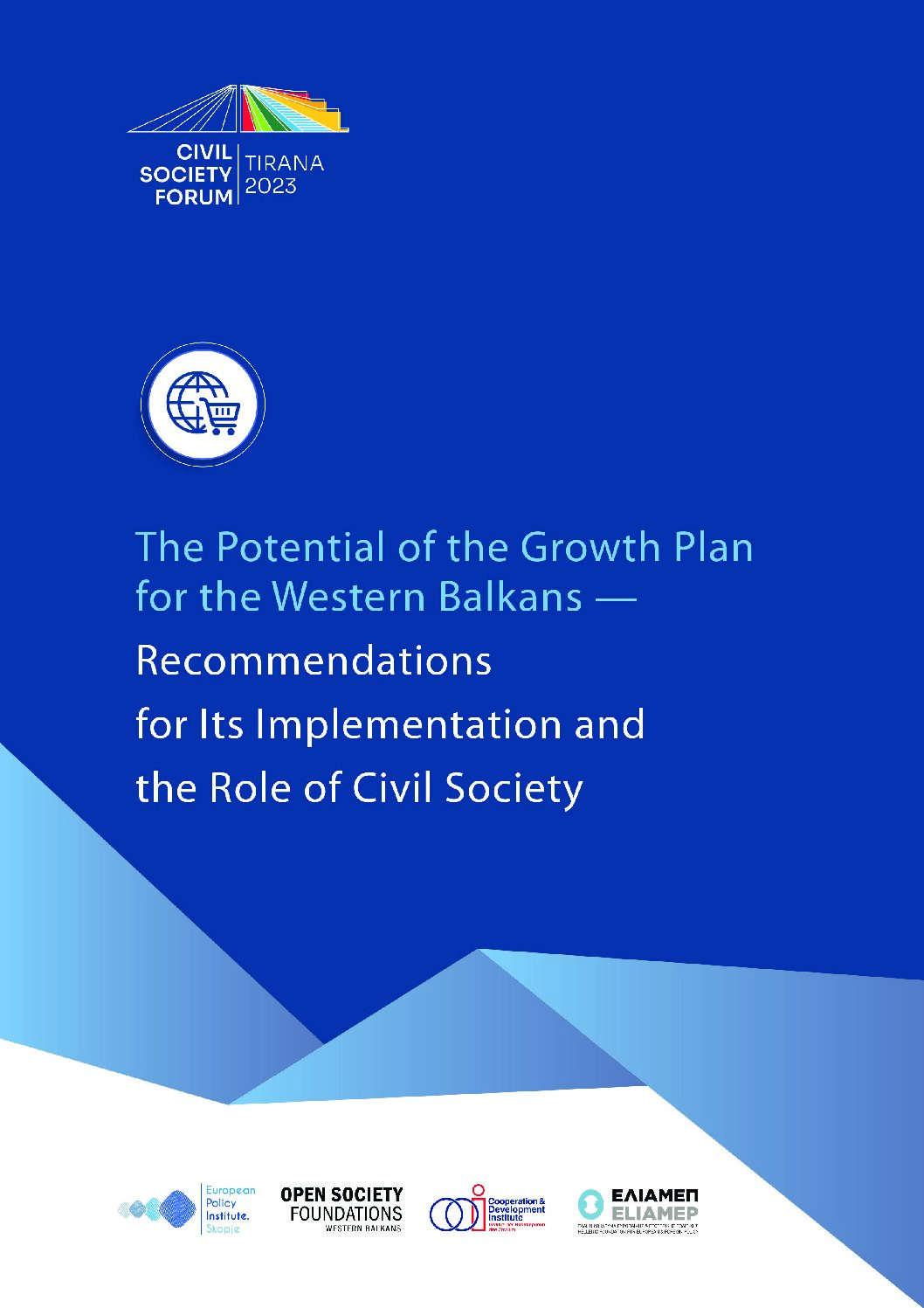Since the Thessaloniki promise in 2003, where the European Union (EU) articulated the membership prospects for the Western Balkans (WB), Croatia is the only nation to have successfully acceded to the EU. More than 20 years later, the WB countries are still struggling on their path to the EU. The advancement toward the EU, determined by each country’s achievements, has been slowed down or stopped. The 2014 announcement by the then European Commission (EC) President Jean-Claude Juncker that there would be no further enlargement during his term and that the EU should focus on internal reforms negatively affected the motivation of the governments in the region to engage in the process actively. Some even backslid in areas such as the rule of law, freedom of media, fundamental rights, and democracy. The EU’s equivocal position regarding the rise of “stabilitocracies” in the region has further hindered the democratic progress of the countries. Additionally, the application of unwarranted vetoes by specific member states towards the next steps in the accession path of some WB countries has sent an adverse message about the benefits of making politically challenging decisions.
Moreover, WB economies significantly lag behind the EU member states. Even though the EU and other international actors have been supporting the reforms in the region, it is estimated that the level of convergence between the WB and the EU has not been progressing fast enough. Estimates suggest that GDP per capita in purchasing power parity for WB countries remains below 50% of the EU-27 average, with Kosovo’s figure at just 30% of the EU average. Furthermore, there are indications that the existing convergence gap is likely to expand further unless there is additional funding dedicated to narrowing the gap, conditioned upon tangible advancements in implementing the necessary reforms.

